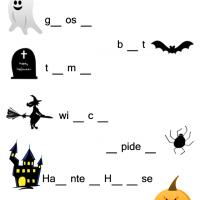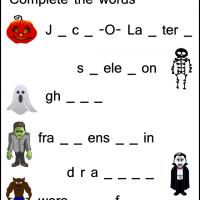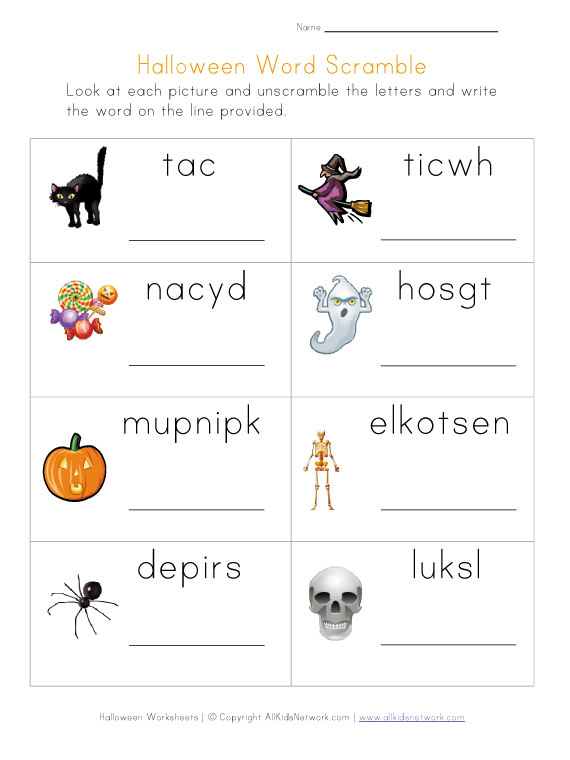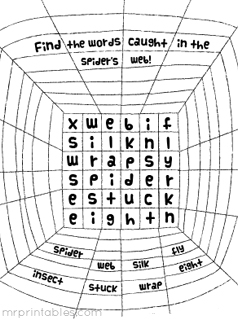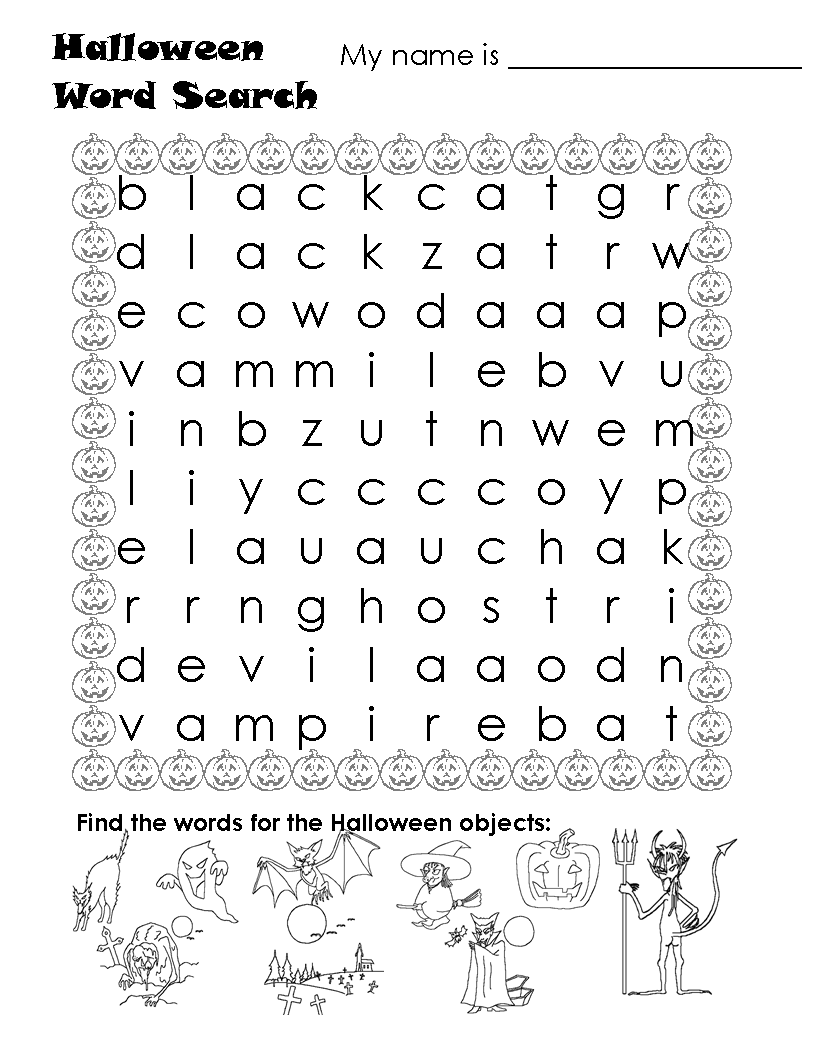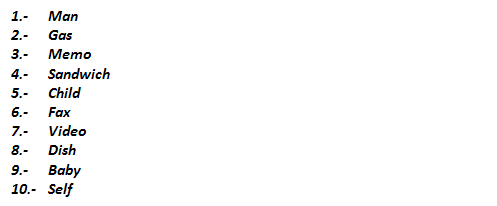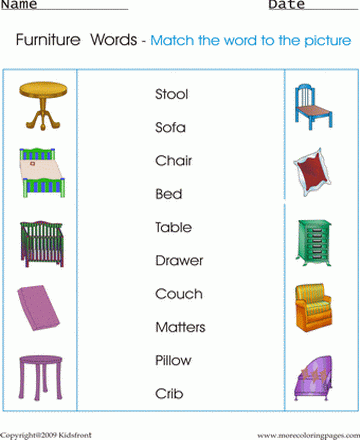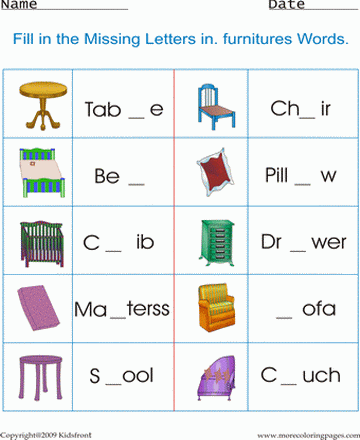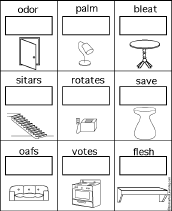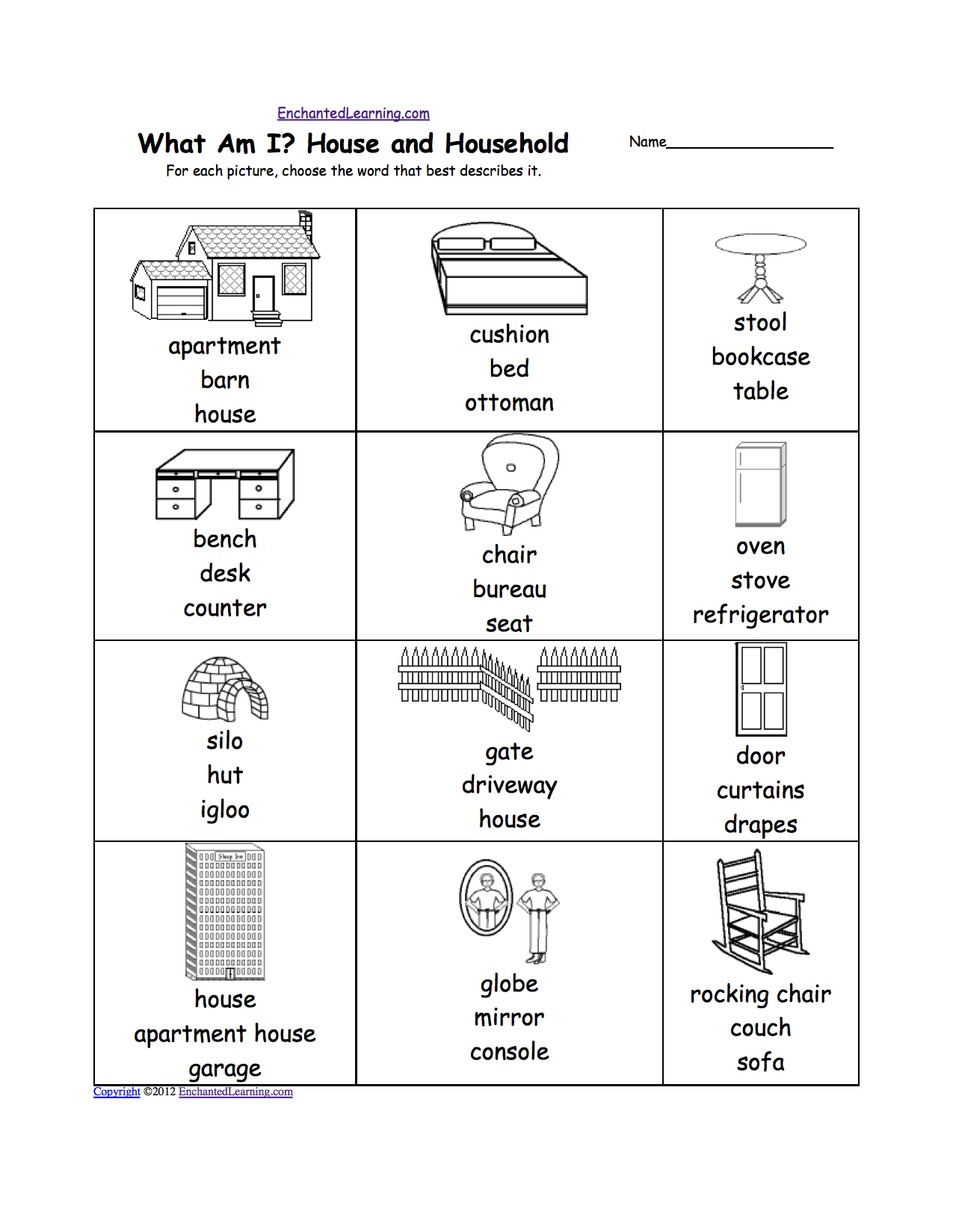jueves, 31 de octubre de 2013
miércoles, 30 de octubre de 2013
lunes, 28 de octubre de 2013
Reading about family
3.- Reading
(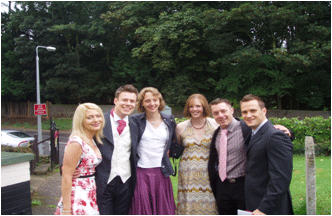

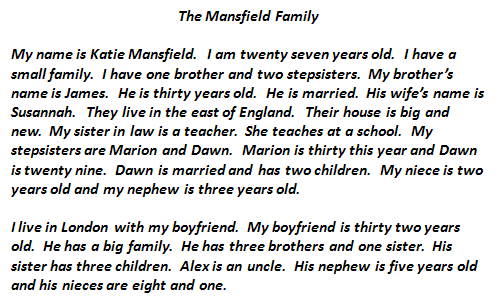
3.A.- Practice
3.A.1.- Fill in the gaps

3.A.2.- Who’s who?
1. Who’s James?
2. Who’s Dawn?
3. Who’s Alex?
.
3.A.3.- Answer the following questions
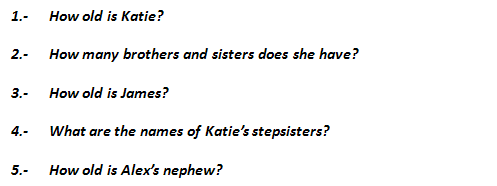
My house and plural nouns
1.- Vocabulary
House: casa1.A.- Practice – Find the following objects
Flat: piso
Room: habitación
Bathroom: baño
Living room: salón
Dining room: comedor
Kitchen: cocina
Study: despacho
Bedroom: dormitorio
Cloakroom: retrete
Loft: desván
Basement: sótano
Cellar: sótano
Hall: vestíbulo
Garden: jardín
Balcony: balcón
Plant: planta
Carpet: moqueta
Picture: cuadro
Bath: baño
Shower: ducha
Toilet: váter
Sink: lavabo
Mirror: espejo
Toothbrush: cepillo de dientes
Bed: cama
Wardrobe: armario
Bedside table: mesilla de noche
Chest of doors: cómoda
Lamp: lámpara
Window: ventana
Table: mesa
Chair: silla
1.A.1.- A table / a plant / some chairs / a window / a patio
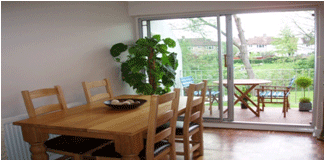
.
1.A.2.- A toilet / a sink / a window / a mirror / a picture / a toothbrush
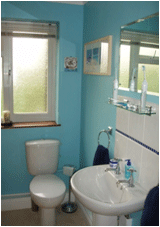
2.- Grammar – Nouns
2.A.– Place the following words into the correct category
Eat / play / book / you / sleep / plate / we / sing / orange / child
(Para ver la solución hacer click en picture; doble click vuelve a posición original)
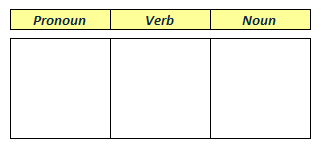
2.B.- Plural Noun Form
The plural form of most nouns is created simply by adding the letter " -s ".
Singular
|
Plural
|
| Plate | Plates |
| Boy | Boys |
| Orange | Oranges |
| Cat | Cats |
Words that end in -ch, -x, -s will require an -es to form the plural.
Singular
|
Plural
|
| Box | Boxes |
| Bus | Buses |
| Watch | Watches |
| KIss | KIsses |
With words that end in a consonant and a y, change the y to an i and add es.
Singular
|
Plural
|
| Baby | Babies |
| Gallery | Galleries |
Words that end in " -o " añaden " -es ".
Singular
|
Plural
|
| Potato | Potatoes |
| Hero | Heroes |
* Exceptions: Memo – Memos / Cello – Cellos
Plurals of words that end in " -f "or " -fe " usually change the f sound to a v sound and add s or -es.
Singular
|
Plural
|
| Knife | Knives |
| Leaf | Leaves |
| Life | Lives |
| Self | Selves |
| Elf | Elves |
There are several nouns that have irregular plural forms.
Singular
|
Plural
|
| Child | Children |
| Woman | Women |
| Man | Men |
| Person | People |
| Mouse | Mice |
2.B.1. – Write the plural of the following nouns.
.
3.- Reading
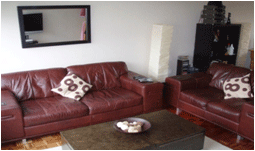
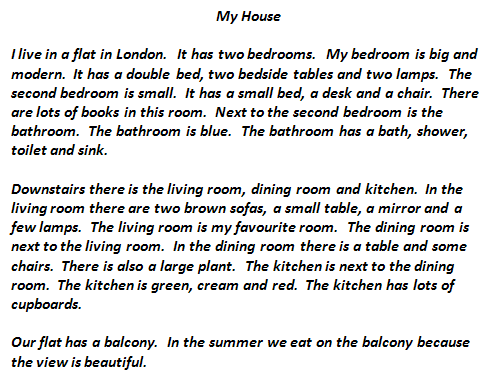
domingo, 27 de octubre de 2013
Vocabulary:objects of a house
| Mesa | Table | Almohada | Pillow |
| Silla | Chair | Sábana | Sheet |
| Sofá | Sofa | Manta | Blanket |
| Cuadro | Painting | Colchón | Mattress |
| Alfombra | Carpet | Colcha | Bedspread |
| Espejo | Mirror | Mesilla de noche | Bedside table |
| Lámpara | Lamp | Mecedora | Rocking chair |
| Jarrón | Vase | Sillón | Armchair |
| Armario (general) | Closet | Cómoda | Chest of drawers |
| Armario (ropa) | Closet | Cama | Bed |
Present simple
Present Simple (Presente del Indicativo)
| I study English. | Yo estudio inglés; empecé hace algún tiempo y continúo, aunque puede que en el momento presente no esté realizando esta actividad. |
| He plays tennis. | El juega al tenis; practica este deporte con cierta asiduidad, pero no significa que en el momento presente esté en la pista de tenis jugando. |
| I work in a bank. | Yo trabajo en un banco; ésta es mi profesión, aunque puede que en el momento actual yo esté de vacaciones, descansando en mi casa. |
| I leave Madrid tomorrow morning. | Me voy de Madrid mañana por la mañana |
| Infinitivo | I / you / we / they | He / she / it |
| To eat (comer) | eat | eats |
| To run (correr) | run | runs |
| Infinitivo | I / you / we / they | He / she / it |
| To kiss (besar) | I kiss | He kisses |
| To watch (observar) | I watch | He watches |
| Infinitivo | I / you / we / they | He / she / it |
| To carry (llevar) | I carry | He carries |
| To envy (envidiar) | I envy | He envies |
| I don't play tennis. | Yo no juego al tenis |
| She doesn´t go to the cinema. | Ella no va al cine |
| We don´t know the answer. | Nosotros no sabemos la respuesta |
| Do you play tennis? | ¿ Juegas al tenis ? |
| Does she go to the cinema? | ¿ Va ella al cine ? |
| Do we know the answer? | ¿ Conocemos la respuesta ? |
viernes, 25 de octubre de 2013
Suscribirse a:
Comentarios (Atom)
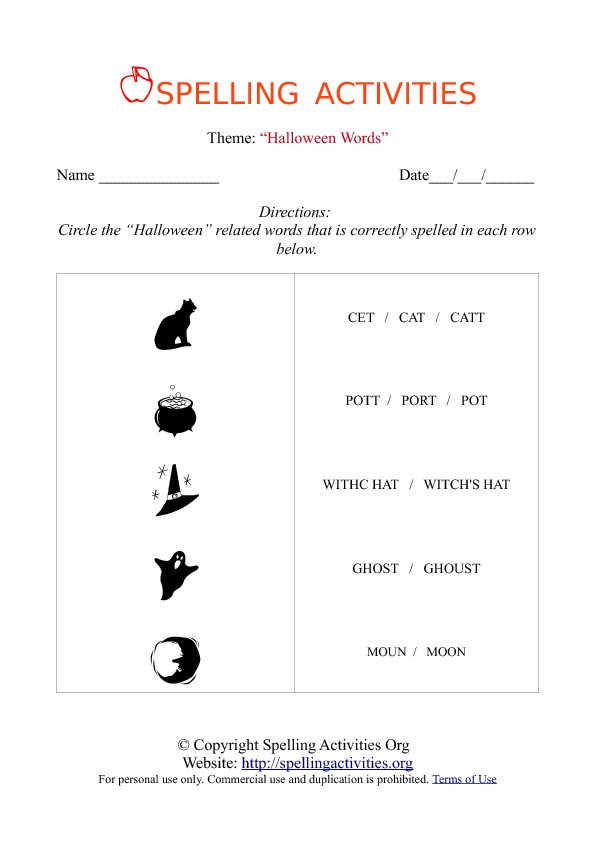 Spell
Spell
